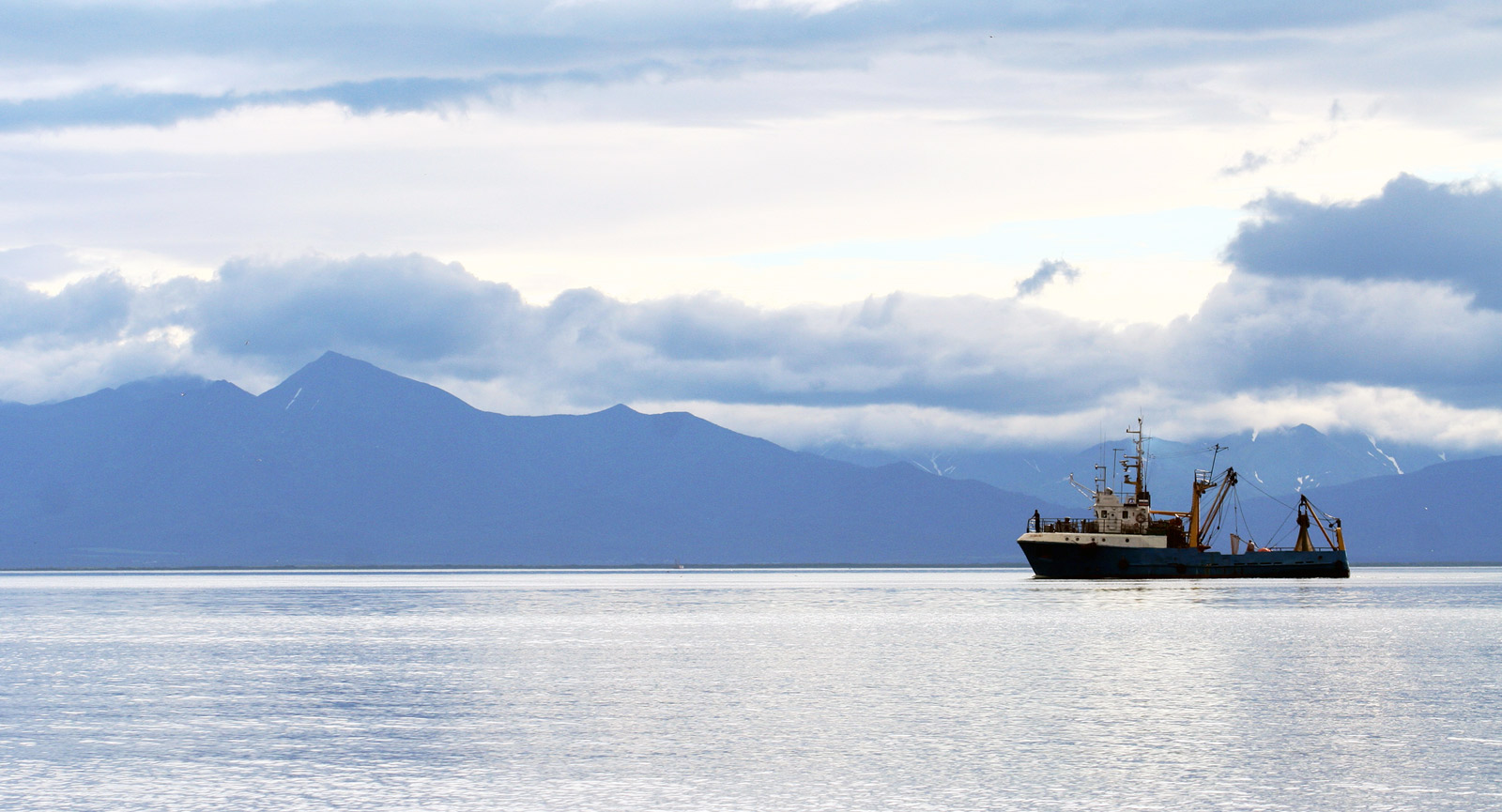
Maximize Resource Efficiency & Sustainability with Food Protection Ingredients from Kalsec
As sustainability continues to be an important topic for consumers, they are increasingly looking towards food manufacturers to understand how they are responding, and their purchasing decisions are being informed by this ongoing dialogue. Consumers are seeking more from food as 1 in 4 consumers view environmentally friendly practices and ingredients as part of clean label. In the most recent Kalsec global clean label consumer survey, 78% of European consumers said they expect food to have a clean label.
Food waste is a significant concern on both environmental and economic fronts. In Europe, each inhabitant discards 131 kg of food annually, contributing to a staggering economic loss of €132 billion and representing 16% of total CO2 equivalent emissions from agriculture, amounting to 254 million tonnes yearly according to recent European Commission data. In the realm of aquaculture, a crucial sector in Europe's industrial landscape, similar inefficiencies plague supply chains. Astonishingly, up to 70% of aquaculture resources find their way into side streams or become waste, amplifying the need for sustainable solutions.
"Kalsec's collaboration was invaluable in transforming our herring byproduct into a high-quality end product...their extensive expertise in food protection helped us achieve our goals with ease and confidence." Martin Kuhlin from Sweden Pelagic
Addressing food waste aligns with sustainability goals and offers an opportunity for manufacturers to streamline operations, reducing losses while positively impacting their financial performance. This impact reinforces the timeliness to proactively address food waste, not only as a sustainability commitment but as a strategic move that aligns with consumer expectations and lessens the economic losses associated with food waste.
Maximizing Aquaculture Efficiency: The WaSeaBi Project
In the pursuit of sustainable practices and resource optimization, Kalsec proudly contributed to a portion of the WaSeaBi project —an innovation research program funded by EU Horizon 2020. This initiative strives to solve challenges that prevent more sound utilization of the planet’s aquatic resources. Kalsec was able to contribute to this project by working with Sweden Pelagic to address oxidative stability challenges prevalent in side-streams of aquaculture and aquatic processing in general. With a focus on developing and testing groundbreaking concepts, WaSeaBi and Sweden Pelagic align seamlessly with Kalsec's commitment to sustainability and more efficient utilization of global resources.
Transforming Fishery Side Streams: The Kalsec Solution
Baltic herring is a shoaling fish which is commercially important in the Nordic countries. The primary markets for herring fillets are the countries around the Baltic and North Seas. However, processing herring into fillets yield ~60% of byproducts, comprising of backbone, head and other pieces often discarded and contributing towards food waste. Based on the high levels of residual muscle found in the backbones, they have been identified as promising for valorization into food products.
The backbone from the herring fillet side stream is mechanically separated and made into a mince. This process presents oxidative challenges due to the introduction of oxygen as well as the high shearing process of the mechanical meat-bone separation.
Kalsec provides a sustainable solution—using our naturally sourced antioxidants, such as Duralox® to protect these side streams from oxidation. This protection enables the creation of high-quality fish mince, offering a pathway to value-added products like fish burgers. Martin Kuhlin from Sweden Pelagic attests, "Kalsec's collaboration was invaluable in transforming our herring byproduct into a high-quality end product. Their commitment to delivering superior products and their extensive expertise in food protection helped us achieve our goals with ease and confidence."
By converting a significant portion of the herring catch from animal feed or potential land fill to human food, we contribute to reducing waste, adding value for producers, and addressing food insecurity. This gains significance in Europe, where substantial food waste coexists with 37 million citizens unable to enjoy a high-quality meal—be it meat, fish, or vegetarian—every second day. Initiatives like this align with Kalsec's values and expertise, we are proud to support the broader food industry's pursuit of heightened commercial and environmental sustainability.
Interested in learning more about our sustainability efforts, check out our most recent CSR report or contact us to discuss how Kalsec can help you with similar projects.
Learn More
Protect your products from oxidative deterioration with Duralox Oxidation Management Systems
Explore